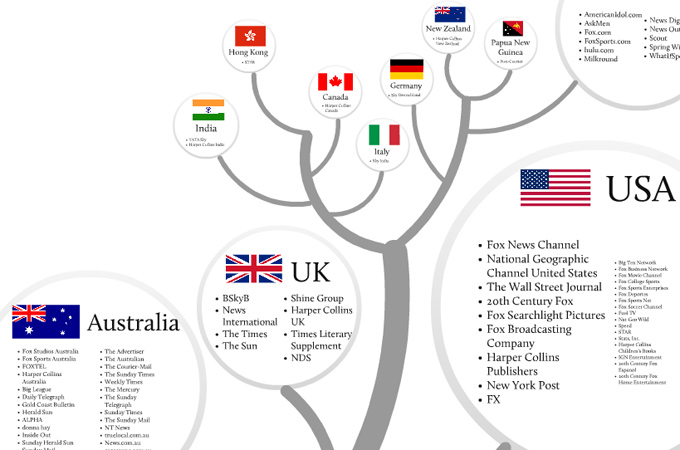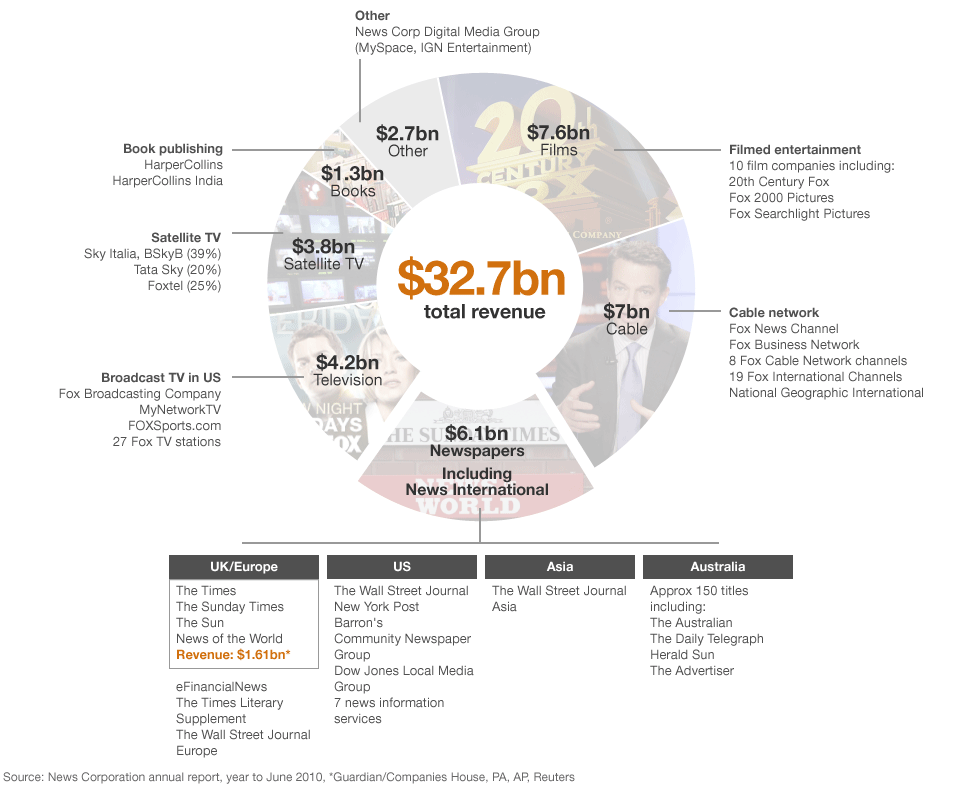In some ways, social, historical and cultural contexts
are important, as it not only connects to media studies, it allows society to grasp
a better understanding of postcolonialism, and how races are constructed as
different, opposite or other. Looking at Commons Letter to the Free, which is a
song wrote as a soundtrack to the 13th, a documentary by Ava DuVernay,
named after the American 13th amendment, which was the abolition of
slavery. The song implies how black people are seen different to others. This
is evident through his lyrics, “we aint seen as humans”, suggesting that society
see Black people as different, not even human beings. Furthermore, the lyric “will
the U.S ever be with us” constructs an ideology of U.S almost seeing them as opposites
and choose to stand against them.
The theorist J. McDougall analyses the notion of “fake
news and media Studies”. In his book, he states “I do spend long periods of time with my gaze turned away from the
media, because I’m seeking to understand what’s going on out there, and then
the role of the media in that context. I’m always putting the social, the
political and the economic (contexts) first.”
If we look at War of the Worlds, it is a science fiction novel, where aliens invade, and the story is told through the narrative’s diary. The conventions of news reports were used for dramatic realism, to create suspend disbelief for the audience. The reason why it is important not just to focus on the media/not just to focus on society, is the notion of “interpellation”, meaning society can eventually make us into a certain person. The theorist Louis Althusser talks about the ISA’s and the idea of interpellation (ideology state apparatus). They construct an idea, that is connected to the state, in a way of which individuals are interpellated into society. The way in which your subject identity is formed and which, more often than not, corresponds to the dominant ideology. Linking this the War of the Worlds, we can say that the audience listened into the media (radio broadcasters, who were potentially controlled what to say by the “ISA”) and they were educated about what happened. Due to the suspend disbelief, the majority of the audience were interpellated into the “fake news”. McDougall’s claims that “I do spend long periods of time with my gaze turned away from the media, because I’m seeking to understand what’s going on out there, and then the role of the media in that context. I’m always putting the social, the political and the economic (contexts) first.” So, it is important to acknowledge not only the media, but also society, as they are interdependent and allow us to have better understanding of the realism of the world.
Music videos are a great source of media to address information about
the society. If we look at The Ghost Town by The Specials, it educates the audience
about the economic depression and lack of employment in London. It involves hybridization,
as two genres of music merge together: reggae and ska. Alternatively, Commons Letter
to the Free, with its hip-hop rap style, it sends the audience a message that black
lives matter, as it talks about ending slavery and generating equal rights for
everyone.
The similar between these two music videos, is that it gives awareness
of the current situations that took place in those eras. This is where post
colonialism links in, as it creates the emergence of critical thinking. The arguments
around postcolonialism critical thought “constituted a fundamentally important
political act” (MacLeod). Theorist Edward Siad, developed orientalism, where he
states that the power to narrate, or to block other narratives from forming or emerging,
is very important to culture and imperialism. Linking to Letter to the Free, which
was made in 2016, the power of its narrative aided and encouraged the Protests
for Black Lives Matter in 2020. In his book “orientalism”, Edward Siad points
out the “the Orient has helped to define Europe”. So, we could say that music
videos i,e Letter to the Free, has helped define society, through protests, to
make the world a better place.
To understand the term “other” in “the orient in other”, Jacques Lacan, a
French philosopher, developed the mirror
stage of child development, which points out that we cannot actually see ourselves
as whole, we use a reflection to understand who we are and who we are not. Lacan’s
theory of the mirror stage talks about when we first see each other, that’s when
the recognition occurs. So, applying this theory to media studies, communications
and culture, the reason why we consume the media so much, is to not only identify
and understand the “other”, but explore ourselves. Linking to the music video
Letter to the Free it allows audience/society, to reflect on themselves and think
how they are as a person – are they discriminating the black? Society consume
media and reflects on themselves. As it allows them to understand society and
culture, it gives them the opportunity to make a change, such as joining protests
to try and get rid of poor equality.





